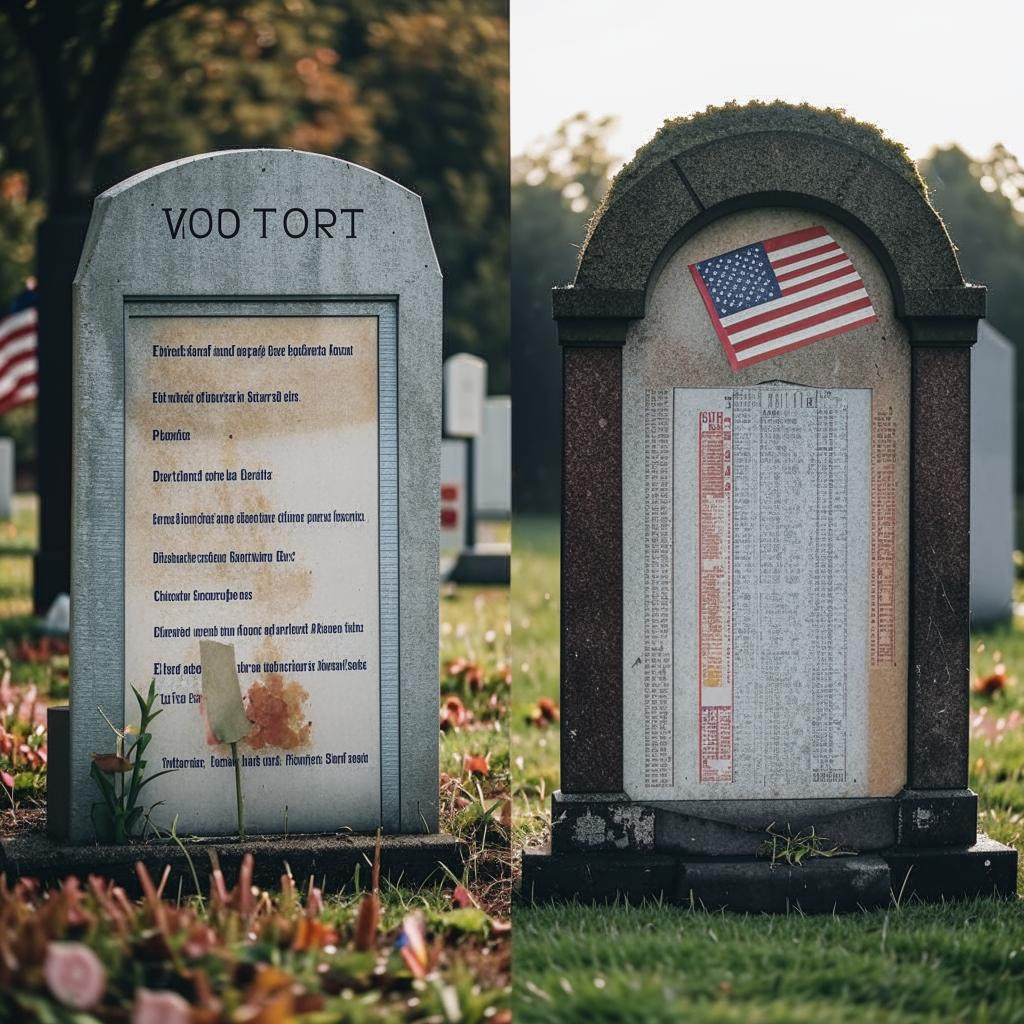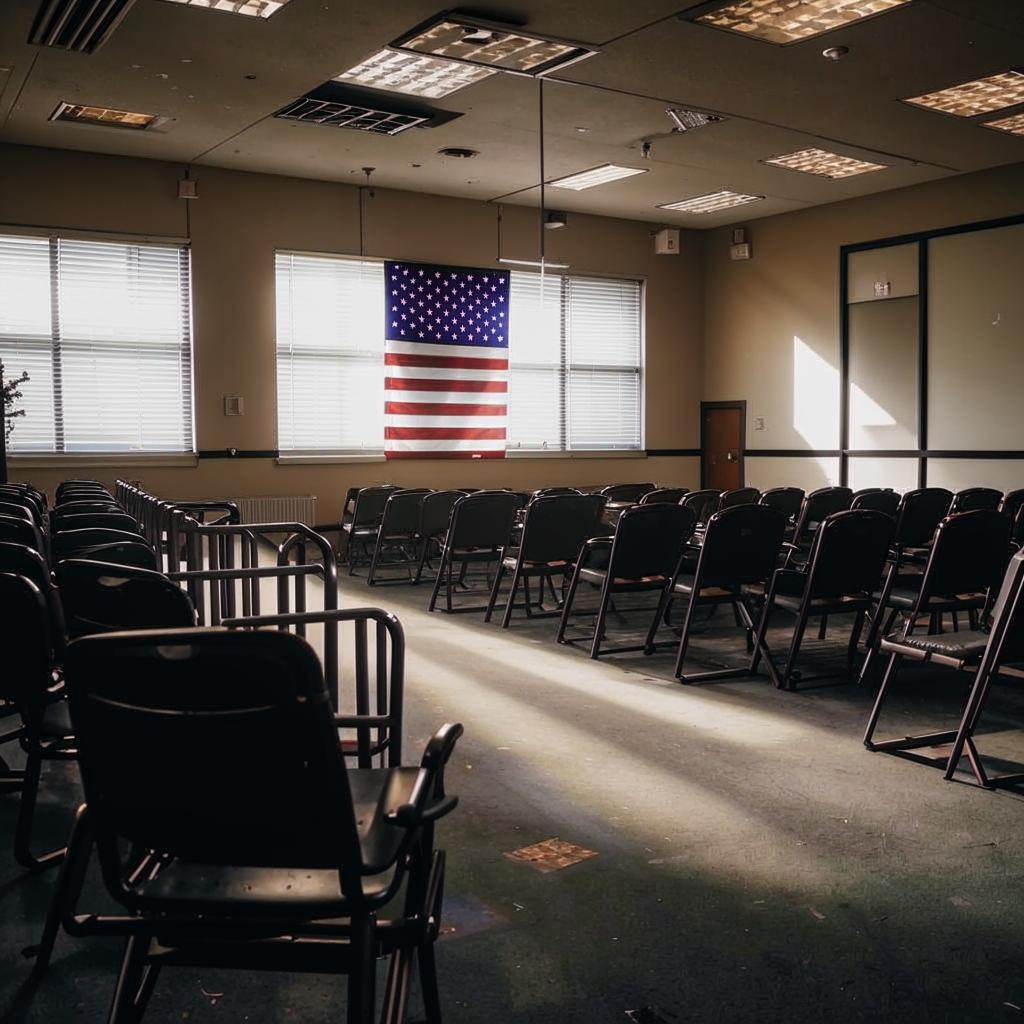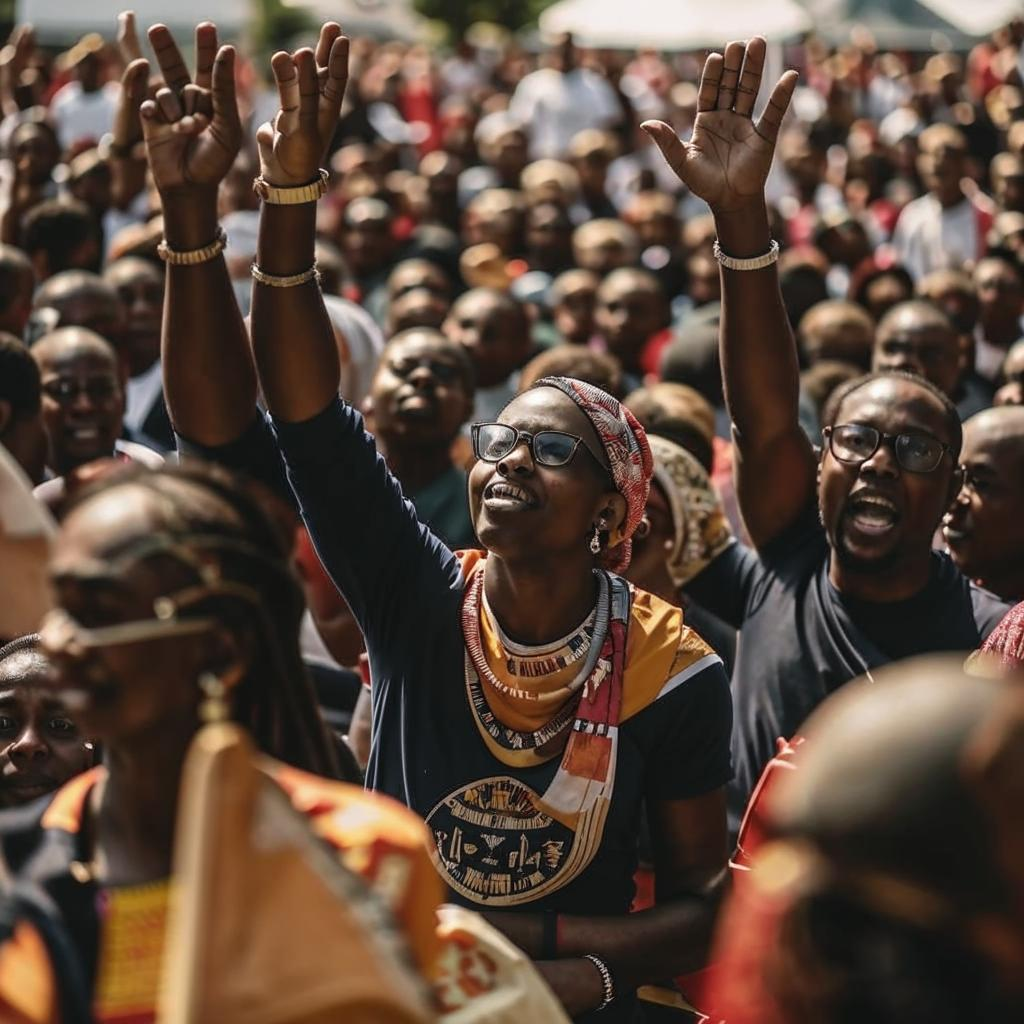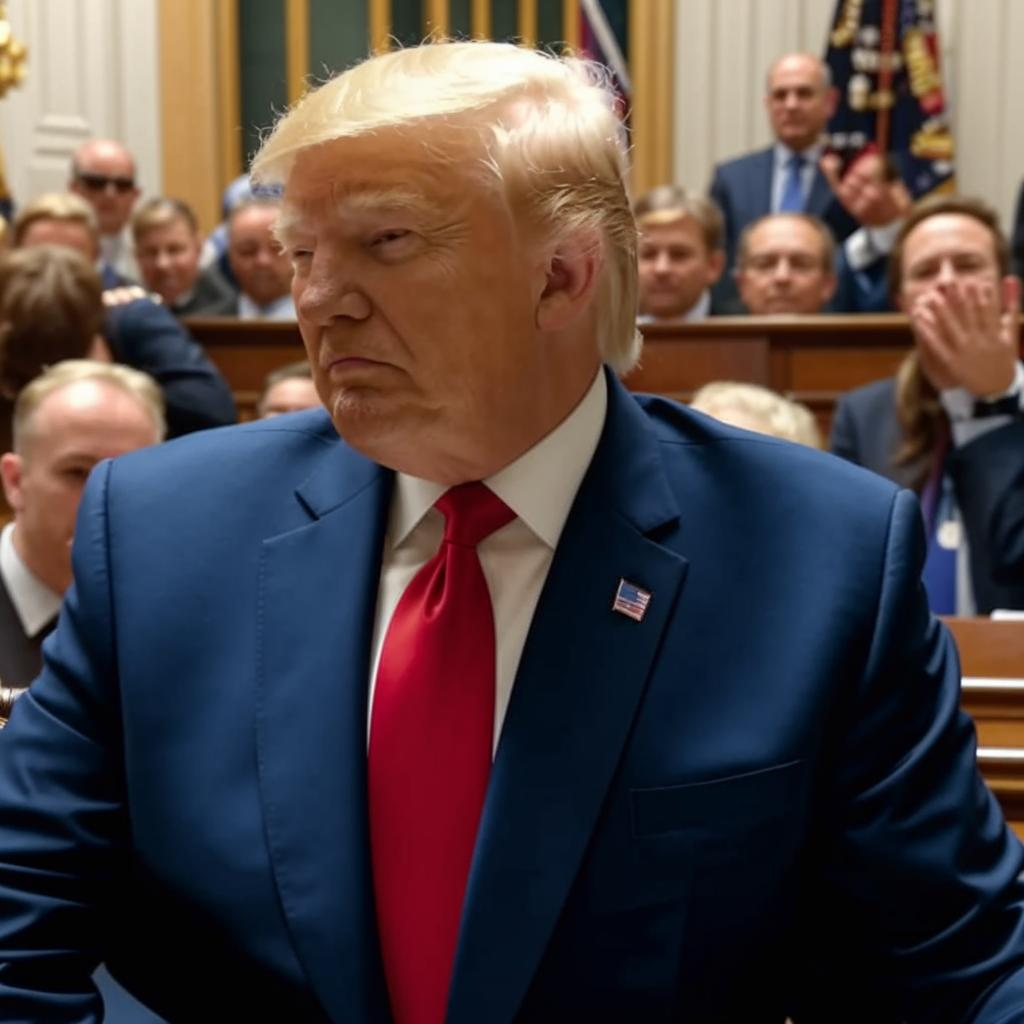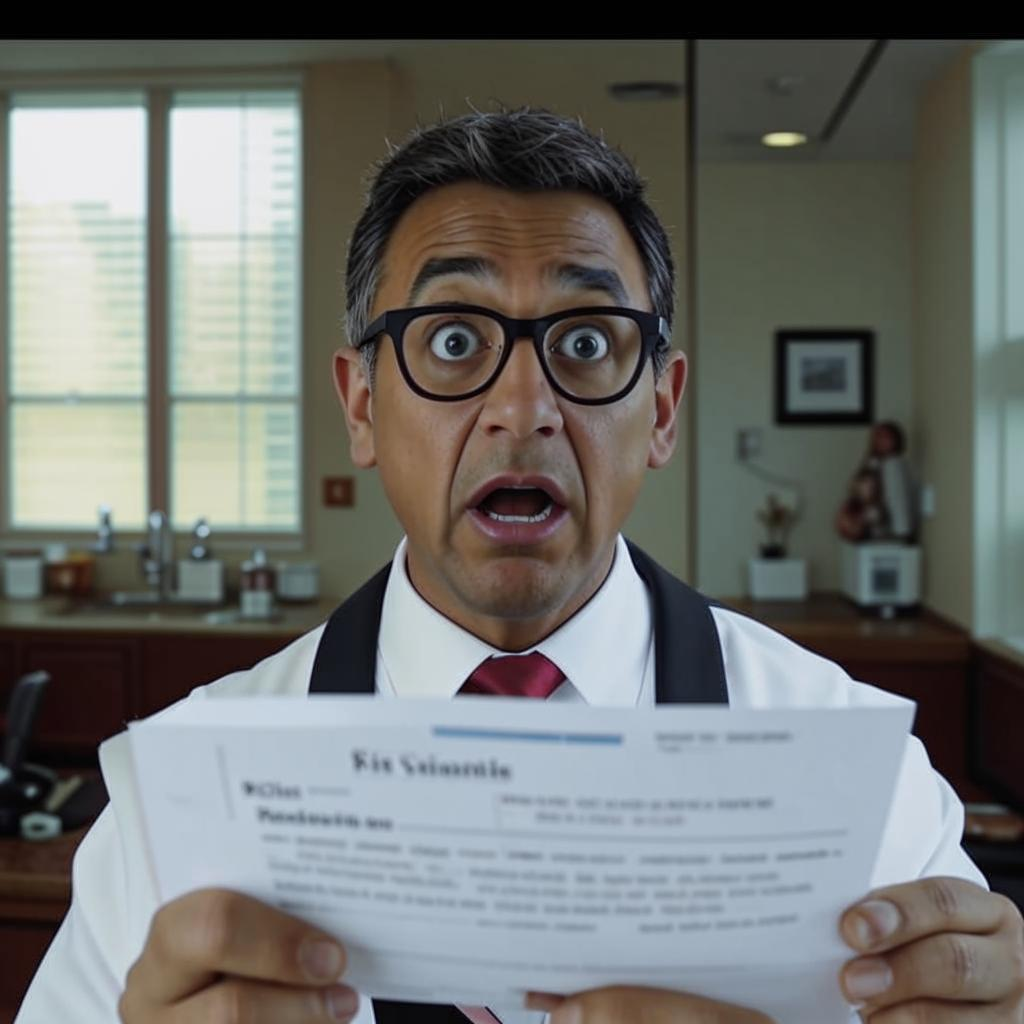Claims of widespread voter fraud involving dead people have become a recurring theme in US election discourse, particularly since 2020. These claims often circulate online, fueled by social media posts and partisan narratives, alleging that deceased individuals are being fraudulently registered and casting ballots. However, repeated investigations and audits have consistently failed to substantiate these accusations on any significant scale.
While isolated instances of deceased individuals appearing on voter rolls are not uncommon, these are typically due to administrative errors or delays in updating voter registration databases. For example, a voter may pass away shortly before an election, and their name might not be removed from the rolls in time. In such cases, there is often no actual fraudulent activity, as the deceased individual’s ballot is simply not cast.
Fact-checking organizations and election officials across the country have rigorously examined claims of widespread dead people voting and found them to be unsubstantiated. These investigations often involve comparing voter registration records with death records and thoroughly reviewing any alleged instances of fraudulent voting. The findings consistently show that the number of potentially fraudulent ballots cast in the name of deceased individuals is exceedingly small and does not affect the outcome of elections. Despite the lack of evidence, the persistence of this narrative can erode public trust in the electoral process. A healthy democracy relies on accurate information and informed participation. Spreading false claims about voter fraud, even if unintentional, can have a chilling effect on voter turnout and undermine confidence in the integrity of elections. It’s therefore crucial to rely on credible sources of information and to be skeptical of unsubstantiated claims circulating online.
